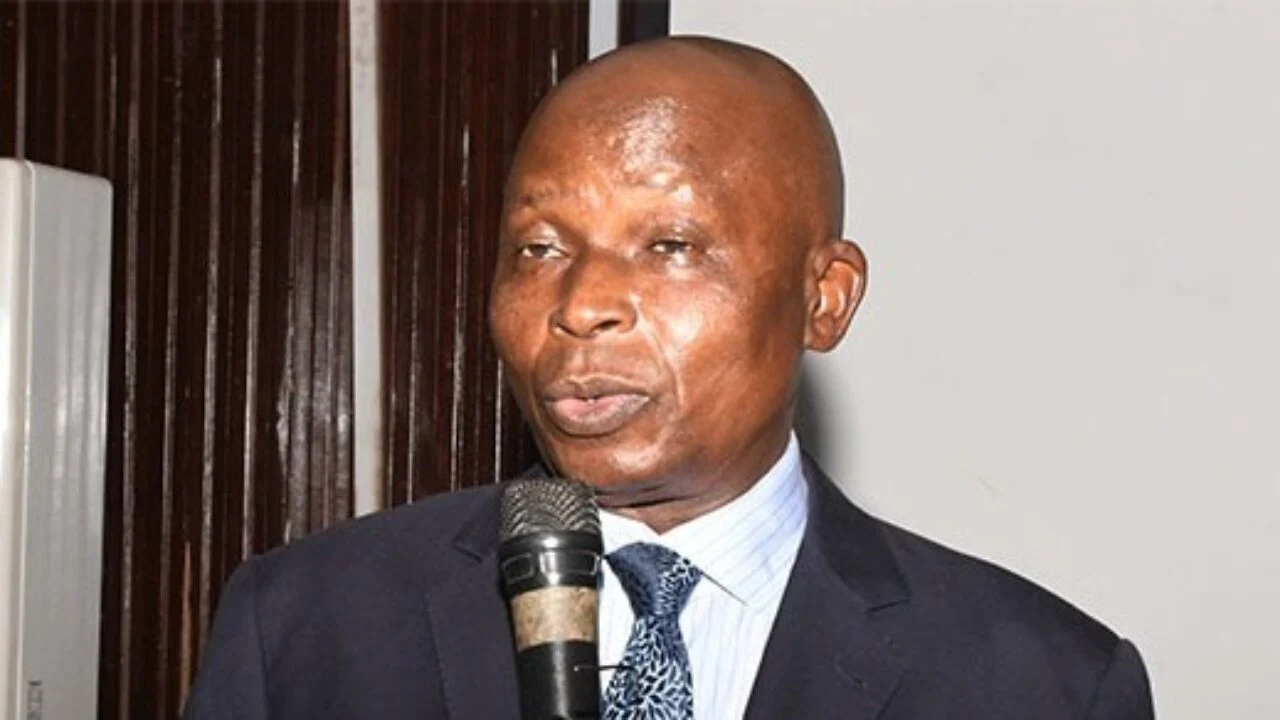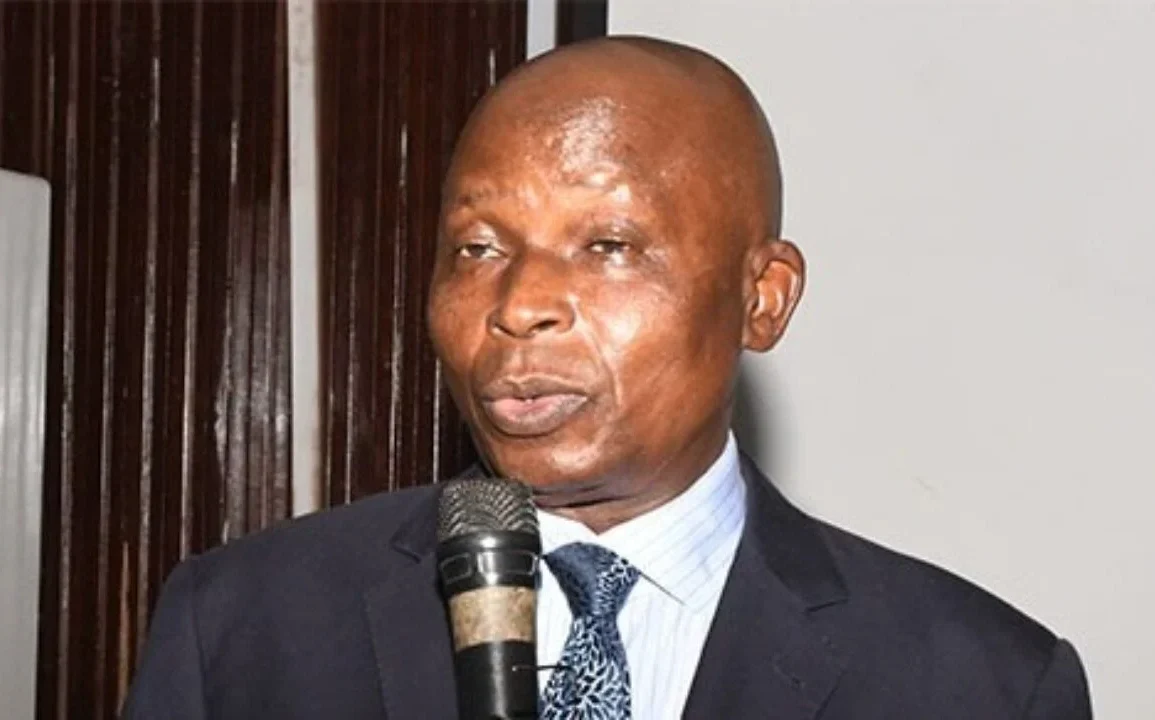
Nigeria’s engagement with international judicial institutions in the past eight years has been a mixed grill as many unresolved issues await the new Attorney General of the Federation and Minister of Justice, Lateef Fagbemi (SAN).
During the Muhammadu Buhari administration, between 2015 and 2023, Nigeria was involved in a number of contentious cases at courts of international jurisdictions as a party, which the public are still unaware of their resolution.
Although much of Nigeria’s engagement with the international judicial bodies has been focused on dispute settlement through negotiation rather than confrontation or strong-arm approach, the impact of these resolutions or lack of them has not been positively felt at home.
Despite the bitter-sweet engagement with other international multilateral judicial institutions, especially, the International Criminal Court (ICC), the International Court of Justice (ICJ), the ECOWAS Community Court of Justice, and the African Court for the People’s and Human Rights, decisions from other private international law platforms such as arbitration institutions have left most citizens in shock.
For instance, on December 11, 2020, the ICC at The Hague, announced the conclusion of its preliminary examination of the situation in Nigeria, and concluded that there was a reasonable basis to believe that war crimes and crimes against humanity were committed in the country. It revealed that the next step in the judicial process is to request authorisation from the Pre-Trial Chamber to open an investigation into the situation.
“In the interim, the office continues to take measures to preserve the integrity of any future investigation into the situation in Nigeria,” the statement read.
The ICC had earlier indicated that there were eight cases of crimes against humanity against Nigeria, six of them alleged against the Boko Haram sect and the two others against the military.
There were also several complaints to the ICC after the violent clashes that greeted marches by the members of the Islamic Movement in Nigeria (IMN) in Kaduna State and the Indigenous People of Biafra (IPOB), who were demanding the release of their leaders, Ibrahim El-Zakzaky and Nnamdi Kanu respectively. The government eventually proscribed both groups.
“While the office’s preliminary examination has primarily focused on alleged crimes committed by Boko Haram since July 2009 and by the Nigerian Security Forces since the beginning of the non-international armed conflict between the Nigerian Security Forces and Boko Haram since June 2011, it has also examined alleged crimes falling outside the context of this conflict,” the statement read.
The then Attorney General of the Federation and Minister of Justice, Abubakar Malami (SAN), however expressed dismay with the threat, and told the Nigerian-born President of the ICC, Chile Eboe-Osuji, who was on a visit to the country, that the indictment on the country was coming despite the country’s support to the international body, including the payment of assessed arrears of contributions owed ICC by Nigeria valued at €1.3 million after the election of Justice Eboe-Osuji.
“This is worrisome as Nigeria has demonstrated beyond doubt and absolute cooperation with the ICC that it is willing and able to meet its obligations,” he said.
Subsequently, the federal government became more placative of its interaction with the ICC as the AGF, Malami, on December 5, 2022 assured the international community of Nigeria’s determination to end impunity and provide recourse to justice for victims and punishment for perpetrators of violent crimes.
Speaking during the opening of the five-day 21st Session of the Assembly of State Parties to the Rome Statute of the ICC at The Hague, Netherlands, Malami said Nigeria was also committed to criminalization of starvation as a weapon of war crime under the Rome Statute of the International Criminal Court.
While recalling that the idea of criminalization of starvation as a weapon of war crime was mooted by Switzerland, Malami emphasized Nigeria’s calls on all State Parties to jointly support the initiative.
The AGF also decried some challenges facing the ICC including attacks on its officials, likelihood of further withdrawals from the Rome Statute, weakening of the Rome Statute system and its support across the globe, decline in multilateral engagements and rising tides of hostility, discrimination, and repression around the world.
“It is the desire of Nigeria to see ICC overcome all its present challenges and become a global, independent and impartial court with capability to rid the world of impunity the type that characterized World War one and two,” he said.
Malami told the gathering that the Boko Haram elements have been considerably decimated through the efforts of the Nigerian security forces and the support of neighbouring states, adding that normalcy is gradually returning to the country.
Malami said Nigeria believes in the principle of complementarity and will continue to play a leading role in ensuring that perpetrators of crimes against humanity are prosecuted and victims get deserved justice.
He said Nigeria is a peace and justice loving country which is aspiring to develop and create a conducive environment for foreign and other investments, thereby generating jobs and other opportunities for the teeming population.
The minister at that conference, also reiterated Nigeria’s firm belief in the rule of law as a panacea to a just and equitable world, as well as its steadfastness in upholding obligations under international law, while pointing that Nigeria has not reneged in its pledge to extend maximum cooperation to the Office of the Prosecutor (OTP) of the Court in addressing the allegation of crimes against humanity committed within its territory.
“There has been increased exchange of communications between the Federal Government of Nigeria and the OTP, and Nigeria has appointed a focal point specifically designated to respond to all requests concerning criminal law and prosecution issues,” he said.
He informed the body of efforts by the National Assembly to domesticate the Rome Statute treaty of the ICC because the country is determined to help rid the world of all impunities to ensure a strong and stable international criminal court system.
Besides the role of the National Assembly, there is also the responsibility of the judiciary to interpret the rights, privileges and responsibilities for Nigerian citizens under the international treaties.
Although not much has been heard about ICC’s conclusions on the complaints against Nigeria in the last few years, experts believe the inquisition of the international body was expected considering the country’s human rights decline in the last few years, which negates its commitment under the Rome Statute as a founding member of the ICC, established in 2002 following the drug crisis in Trinidad and Tobago which forced it to demand for the court in 1989 through the United Nations General Assembly Diplomatic Conference in Rome on July 15 to 17, 1998.
Nigeria was among the like-minded group of nations which pushed through some core issues within the framework of the court such as jurisdiction over genocide, crimes against humanity, war crimes, independence from the Security Council’s power to veto prosecutions, vesting the court’s prosecutor with proprio motu power to initiate proceedings and preclusion of reservations to the establishment treaty.
In 2012, the Nigerian Minister of Justice sent a bill to the National Assembly after the work of an interministerial committee that produced a draft of the Crimes Against Humanity, War Crimes, Genocide and Related Offences Bill, 2012, which was presented to the Federal Executive Council (FEC) for approval before being forwarded to the assembly.
Consequently, experts say the new AGF, Fagbemi has his work cut out for him in mapping out a pragmatic approach to Nigeria’s engagement with the international judicial bodies, especially the ICC.
Fagbemi outlined the focus of his administration as the AGF during the opening of the 64th Annual General Conference of the Nigerian Bar Association (NBA) in Abuja in August when he stated the primacy of human rights protection and respect for the rule of law according to global best practices under the new dispensation.
He said his administration would be “Introducing reforms in the administration of justice and the law enforcement system, all in a bid to achieve the compliance to extant laws.”
E.M. Umukoro Esq said only compliance to rule of law, submission to judicial procedures, would favourably reverse Nigeria’s profile on the international stage and in the “eyes of the comity of nations.”
A professor of law at the Nile University, Abuja, Shehu Abdullahi Zuru, said the last administration demonstrated an unflinching commitment to obeying international courts and other international organs for the dispensation of justice on the international stage, although the country’s sovereignty has not been outrightly challenged like other countries.
However, he said, “there could have been challenges in the areas of national human rights and rule of law due to less capable institutions of justice and the resultant less impressive quality of jurisprudence.
In his paper, “Acceptance of International Criminal Justice in Nigeria: Legal Compliance, Myth or Reality”, Benson Chinedu Olugbuo said since the ICC operates on the principle of complementarity, which places the primary obligation to investigate and prosecute international crimes on state parties, and the ICC jurisdiction is activated only when the state fails or is unwilling to prosecute, Nigeria is expected to do more as a signatory of the Rome Statute.
He said there is a disconnect between the actions of the government and the commitment to international justice they claim to have shown over the years.
Related
This post was originally published on this site be sure to check out more of their content.









